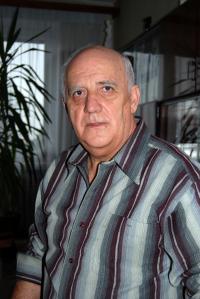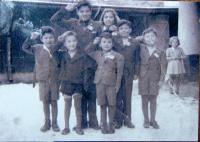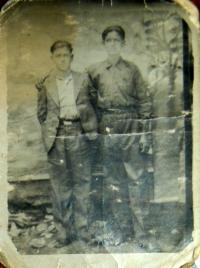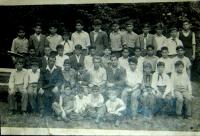“Don’t give in, we didn’t either.”
Konstantinos Katsianikos was born in 1941 in the village of Perivlaki in North-Western Greece. He came to Czechoslovakia with his three siblings in April 1948, as one of the first children to arrive. He spent his childhood in a children’s home, he went on to study at a grammar school in Krnov. At 19 years of age he moved to Prague, where he graduated from technical school and became an engineer. A part of his family returned to Greece, one brother left to Sweden in 1969. After the revolution, he became a tour guide, he considers himself one of the founders of Greek tourism in the Czech Republic. He maintains a very critical stance towards Greece and Greek society. He is an active chess player. He has Czech citizenship, his wife is Czech.




